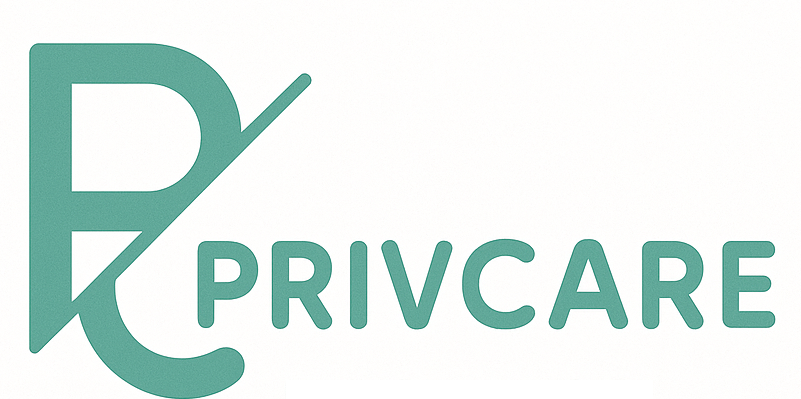As a carer, ensuring that your clients take their prescribed medication is a crucial part of maintaining their health and well-being. However, there may be times when a client refuses to take their medication. This can be a challenging situation, but it’s important to handle it with care, empathy, and professionalism. Here are some steps you can take if your client refuses their medication.
1. Understand the Reasons for Refusal
The first step is to understand why your client is refusing their medication. There could be various reasons, such as:
- Side Effects: The client might be experiencing unpleasant side effects that they haven’t communicated.
- Lack of Understanding: They may not fully understand the importance of the medication or how it benefits them.
- Taste or Form: The medication might have an unpleasant taste or be difficult to swallow.
- Emotional State: They might be feeling anxious, depressed, or otherwise emotionally distressed.
2. Communicate and Educate
Open a dialogue with your client about their medication. Explain its importance and how it helps manage their condition. Use clear, simple language and be patient. Here are some tips for effective communication:
- Listen Actively: Let your client express their concerns and feelings without interruption.
- Empathize: Show understanding and empathy towards their concerns.
- Educate: Provide information about the medication in a way that is easy to understand. Use visual aids if necessary.
3. Encourage and Reassure
Reassure your client that their concerns are valid and that you are there to support them. Encourage them by highlighting the benefits of the medication and how it can improve their quality of life. Positive reinforcement can be very effective.
4. Address Practical Issues
If the refusal is due to practical reasons like taste or difficulty swallowing, try to find solutions:
- Alternative Forms: Check if the medication is available in a different form, such as a liquid, patch, or injection.
- Flavouring: Some pharmacies can add flavoring to liquid medications to make them more palatable.
- Crushing Pills: For pills, ask the pharmacist if they can be crushed and mixed with food or drink. Note: Always check with a healthcare professional before altering medication.
5. Involve Healthcare Professionals
If your client continues to refuse their medication, involve their healthcare team. This could include:
- Doctor: They can review the medication regimen and make adjustments if necessary.
- Pharmacist: They can provide advice on alternative forms or administration methods.
- Nurse: They can offer additional support and education.
6. Document and Report
Keep a detailed record of any medication refusals, including the date, time, and reason for refusal. Report this information to your client’s healthcare team, your supervisor, or a family member. Accurate documentation is crucial for adjusting care plans and ensuring continuity of care.
7. Develop a Plan
Work with your client’s healthcare team to develop a plan for managing medication refusals. This plan might include:
- Regular Reviews: Schedule regular reviews of the medication regimen to ensure it remains appropriate.
- Behavioral Strategies: Implement strategies to encourage medication adherence, such as setting reminders or creating a routine.
- Support Systems: Engage family members or friends in supporting the client with their medication.
8. Stay Patient and Compassionate
Dealing with medication refusals can be frustrating, but it’s important to remain patient and compassionate. Your client’s well-being is the top priority, and building a trusting relationship can make a significant difference.
Medication adherence is a key aspect of managing health conditions, but it’s not always easy to achieve. By understanding the reasons for refusal, communicating effectively, and involving healthcare professionals, you can help your client overcome their reluctance and ensure they receive the care they need. Remember, your role as a carer is not just to administer medication, but to support and empower your clients in their journey to better health.
At PrivCare, we are committed to providing our carers with the resources and support they need to deliver the best possible care. If you have any questions or need further assistance, please don’t hesitate to reach out to us. Your dedication to your clients is truly appreciated. When you become a PrivCare member you can download our Medication templates for free. Membership is £11 per year!




